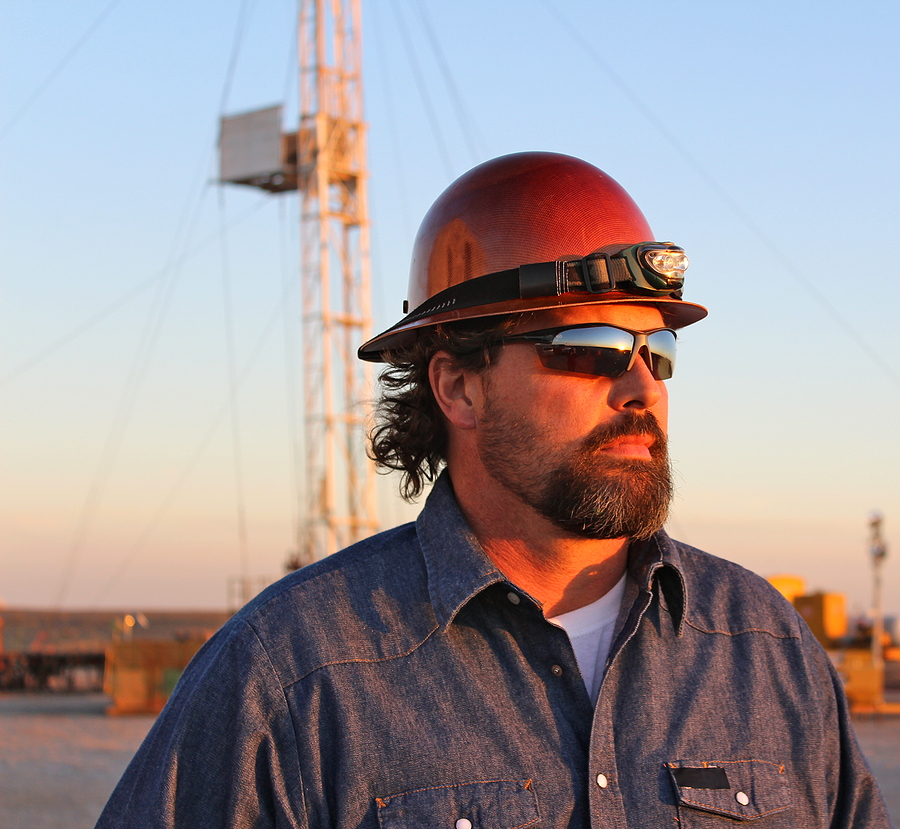Energy advocates in Pennsylvania warn that the Biden administration’s new regulations for power plants, announced Thursday, will hurt Keystone State energy jobs and put an already straining electric grid at even greater risk.
“This is completely out of touch with reality,” Trisha Curtis, CEO of energy consultant PetroNerds, told DVJournal. “It’s almost as though they’re wishing the American manufacturer, American producer, and American consumer to materially decline economically and to not be able to compete.”
The sweeping new rules from the Environmental Protection Agency (EPA) will require all existing coal-fired plants and new natural gas-powered plants to capture 90 percent of their carbon emissions. An additional rule ordered coal-fired plants to reduce mercury emissions by 67 percent. For plants that use lignite (aka brown coal), mercury emissions must be reduced by 70 percent.
The rules exempt natural gas-powered plants currently operating in the U.S. but will apply to future natural gas facilities. The EPA estimates its new regulations will reduce carbon emissions by 1.38 billion metric tons through 2047.
The downside is the rules will almost certainly mean less investment in natural gas power generation at a time when the push to electrification is straining the ability of the grid to meet demand.
“Low cost and reliable energy is arguably needed now more than ever,” said Marcellus Shale Coalition President David Callahan. “America’s natural gas sector is capable and ready to meet these critical demands, but we can only do so if the government prioritizes consumer and economic solutions instead of misguided policies that only please the radical environmental agenda.”
Pennsylvania is America’s second-largest natural gas producer, and a 2023 study found it contributes $41 billion to the state’s economy and supports 123,000 jobs.
U.S. carbon emissions have been declining for years, and faster than other regions like the EU and Asia. The Center for Climate and Energy Solutions, which supports the new Biden emission regulations, said U.S. energy sector emissions declined 36 percent from 2005 through 2021. They credit the switch from coal to natural gas for the drop.
PJM Interconnection, the operator of Pennsylvania’s power grid, reported last month that their carbon emissions dropped 43 percent from 2005 to 2023. All while energy demand increased.
Demand shot up across the nation as tech companies opened up data centers. It’s projected that U.S. data centers will each require more than 30 gigawatts of energy by 2029. Some data centers are expected to require as much power as it typically takes to power hundreds of thousands of homes.
While it’s good for the economy, said Michelle Bloodworth, president and CEO of America’s Power, that means more energy capacity is needed, not less. “Already, utilities have announced plans to shut down more than 60,000 megawatts of coal-fired generation over the next five years. These retiring power plants could power either 600 data centers or more than 60 million homes,” she said.
Other energy groups criticized the EPA for caring about politics more than practical guidelines.
“We are disappointed that the agency did not address the concerns we raised about carbon capture and storage,” said Edison Electric Institute president and CEO Dan Brouillette. He does not believe the technology will be ready for full-scale use by 2032 when the regulations are set to go into effect.
The Biden EPA appears to have ignored warnings from power grid operators.
PJM said if coal and natural gas plants keep being shut down at the White House’s preferred pace, Pennsylvania and other states could face blackouts by 2028. And rural areas are the most vulnerable to power shortages.
“It undermines electric reliability and poses grave consequences for an already-stressed electric grid,” National Rural Electric Cooperative Association Chief Executive Jim Matheson told The Wall Street Journal, calling the rules unachievable.
Progressive activists, on the other hand, want the Biden administration to do even more.
“The regulations are clear-eyed about the science: to stop the climate crisis and save lives, we must move off fossil fuels,” said Sunrise Communication Director Steve O’Hanlon. “Biden can keep building trust with young people by declaring a climate emergency and rejecting new fossil fuel projects in the coming months.”
Republicans were troubled by the new regulations. They accused Biden and Democrats of waging a war on energy to win progressive votes.
“These latest regulations would dramatically raise electricity prices for working families and devastate the commonwealth’s natural gas industry,” Dave McCormick told DVJournal. The GOP U.S. Senate candidate is taking on three-term incumbent Democrat Sen. Bob Casey.
“We need a senator who understands that unlocking our natural resources is the key to Pennsylvania’s future—not more federal red tape.”
U.S. Sen. Shelley Moore Capito (R-W.Va.) has said she’ll introduce legislation to overturn the new carbon rules.
The new EPA regulations will likely end up in federal court, and there’s no guarantee they will survive. In 2022, the U.S. Supreme Court struck down the Obama-era power plant emissions regulations.
Please follow DVJournal on social media: Twitter@DVJournal or Facebook.com/DelawareValleyJournal

